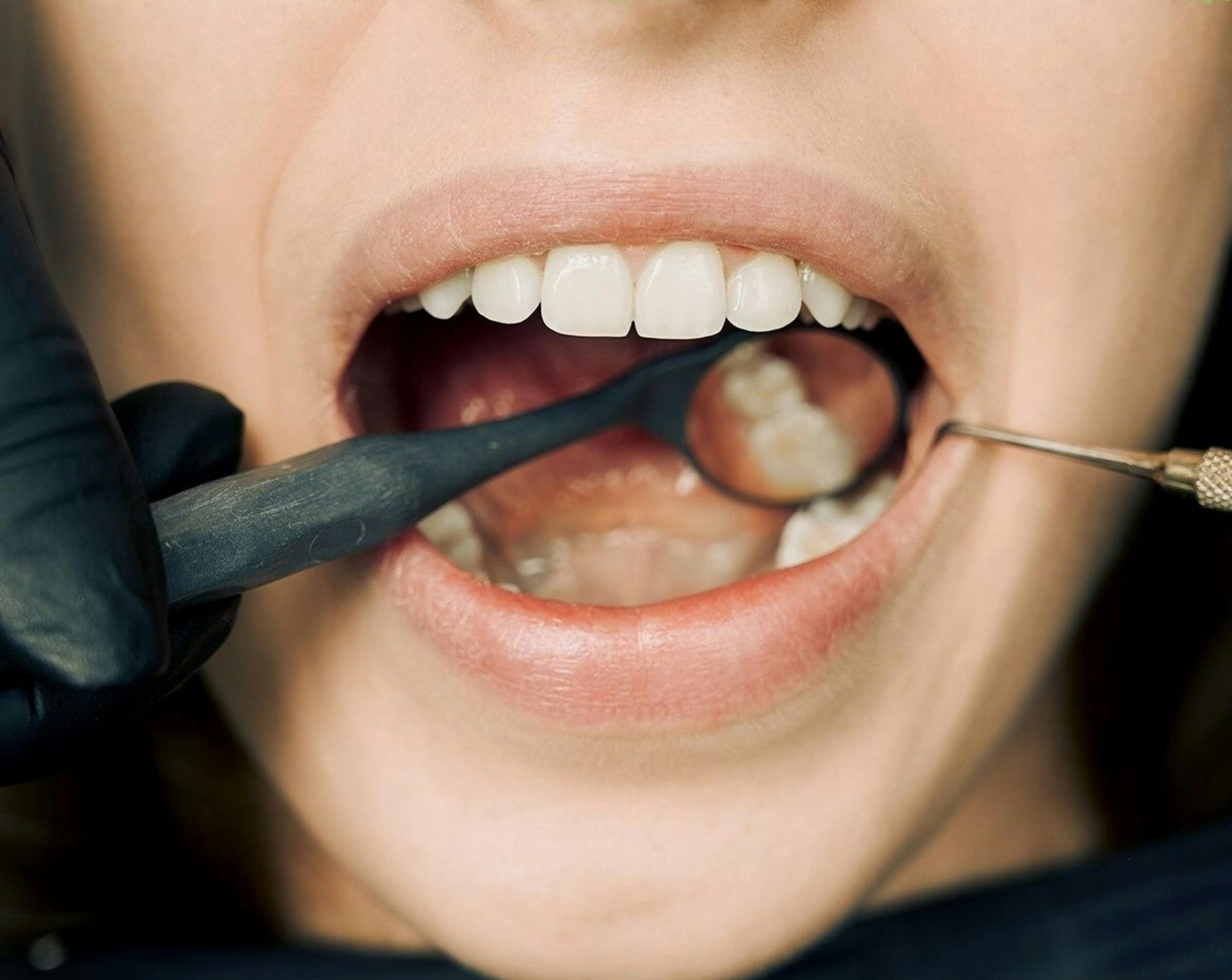Summary:
- Explore the dental effects of Suboxone and their implications for oral health.
- Understand how Suboxone and the effects on dental health are interlinked.
- Learn about preventive measures to protect dental health while undergoing Suboxone treatment.
- Discuss strategies for reversing any negative dental effects caused by Suboxone use.
- Highlight the importance of regular dental check-ups and care in managing Suboxone and its effects on dental health.
Introduction
Suboxone, a medication widely used in the treatment of opioid addiction, has been a lifesaver for many. However, like all medications, it comes with its own set of side effects, including potential impacts on dental health. But can these dental effects of Suboxone be reversed, and if so, how?

What are the Dental Effects of Suboxone?
Suboxone and its effects on dental health primarily arise from its method of administration. Suboxone is often taken sublingually, meaning it is dissolved under the tongue. This exposure can potentially lead to dental issues such as tooth decay, gum disease, and oral mucosal changes. What specific dental problems are associated with Suboxone, and why do they occur?
Why Does Suboxone Affect Dental Health?
The formulation of Suboxone includes naloxone and buprenorphine, the latter of which can cause dry mouth (xerostomia) as a side effect. A dry mouth lacks adequate saliva, which is essential in neutralizing acids produced by plaque bacteria. This acid can erode tooth enamel and lead to cavities. How significant is the role of saliva in protecting dental health, and what can be done to mitigate its reduction?
Can the Dental Effects of Suboxone Be Reversed?
Yes, with proper care and attention, it is possible to reverse or mitigate the dental effects. Here are several strategies that individuals on Suboxone can adopt to protect their oral health:
- Hydration: Increasing fluid intake can help alleviate dry mouth, providing the necessary moisture to wash away food particles and acids.
- Good Oral Hygiene Practices: Regular brushing, flossing, and the use of fluoride toothpaste are crucial. How often should someone brush if they are experiencing dry mouth from Suboxone?
- Use of Artificial Saliva: Over-the-counter saliva substitutes can moisten the mouth and reduce the risk of dental decay.
- Regular Dental Check-ups: Why is it important for patients on Suboxone to have more frequent dental visits?
Preventive Measures to Protect Dental Health:
In addition to reversing the effects, there are preventive measures that can be taken to avoid dental complications from the start of Suboxone treatment:
- Dietary Adjustments: Limiting sugary foods and acidic drinks can prevent tooth decay. What kinds of foods should be avoided, and which are beneficial?
- Chewing Sugar-Free Gum: Can this stimulate saliva production and if so, how does it help?
- Dental Sealants and Fluoride Treatments: These can offer extra protection against decay. Who should consider these treatments, and how often should they be applied?
Professional Care and Treatment Options:
For those who have already experienced significant dental effects due to Suboxone, professional dental treatments may be necessary. These can range from simple fillings to more complex procedures like root canals or periodontal therapy. How can these treatments restore oral health, and what should patients expect during the process?
Conclusion
While Suboxone and its effects on dental health can be concerning, the benefits of using Suboxone for opioid addiction recovery are undeniable. By implementing proactive dental care strategies and working closely with healthcare providers, individuals can both effectively manage their addiction and maintain good oral health.
If you are experiencing any dental health issues or have concerns about starting Suboxone, please reach out to Alliance Rehab at 213-513-5463. Our team is here to support your journey to recovery and help you maintain your overall health, including your dental well-being.
By understanding the dental effects and actively engaging in preventive and corrective dental care, patients can enjoy the benefits of this crucial treatment without compromising their oral health.



